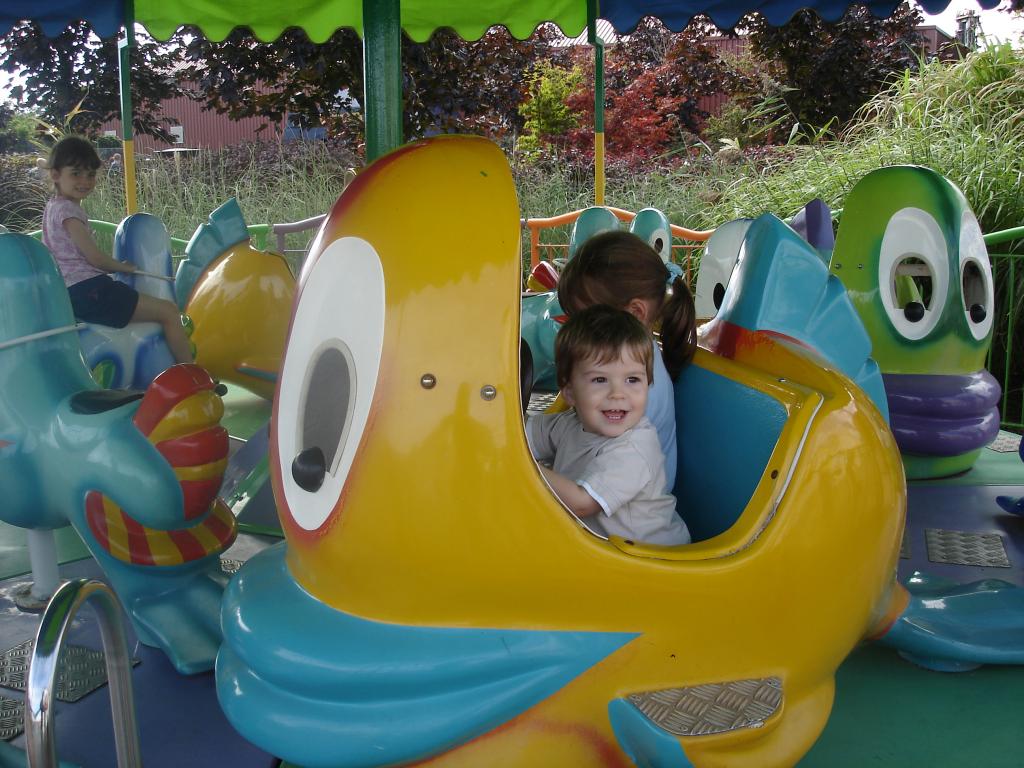Instead of just going from lots of control to "do whatever you want," a really sweet way to do it is quickly but gradually. Quickly in your head, but not all of a sudden in theirs. Just allow yourself to say "okay" or "sure!" anytime it's not really going to be a problem.

If something isn't going to hurt anything (going barefoot, wearing the orange jacket with the pink dress, eating a donut, not coming to dinner because it's the good part of a game/show/movie, staying up later, dancing) you can just say "Okay."
And then later instead of "aren't you glad I let you do that? Don't expect it every time," you could say something reinforcing for both of you, like "That really looked like fun," or "It felt better for me to say yes than to say no. I should say 'yes' more," or something conversational but real.
The purpose of that is to help ease them from the controlling patterns to a more moment-based and support-based decision making mindset. If they want to do something and you say yes in an unusual way (unusual to them), communication will help. That way they'll know you really meant to say yes, that it wasn't a fluke, or you just being too distracted to notice what they were doing.
SandraDodd.com/eating/control.html
photo by Julie D
__



















